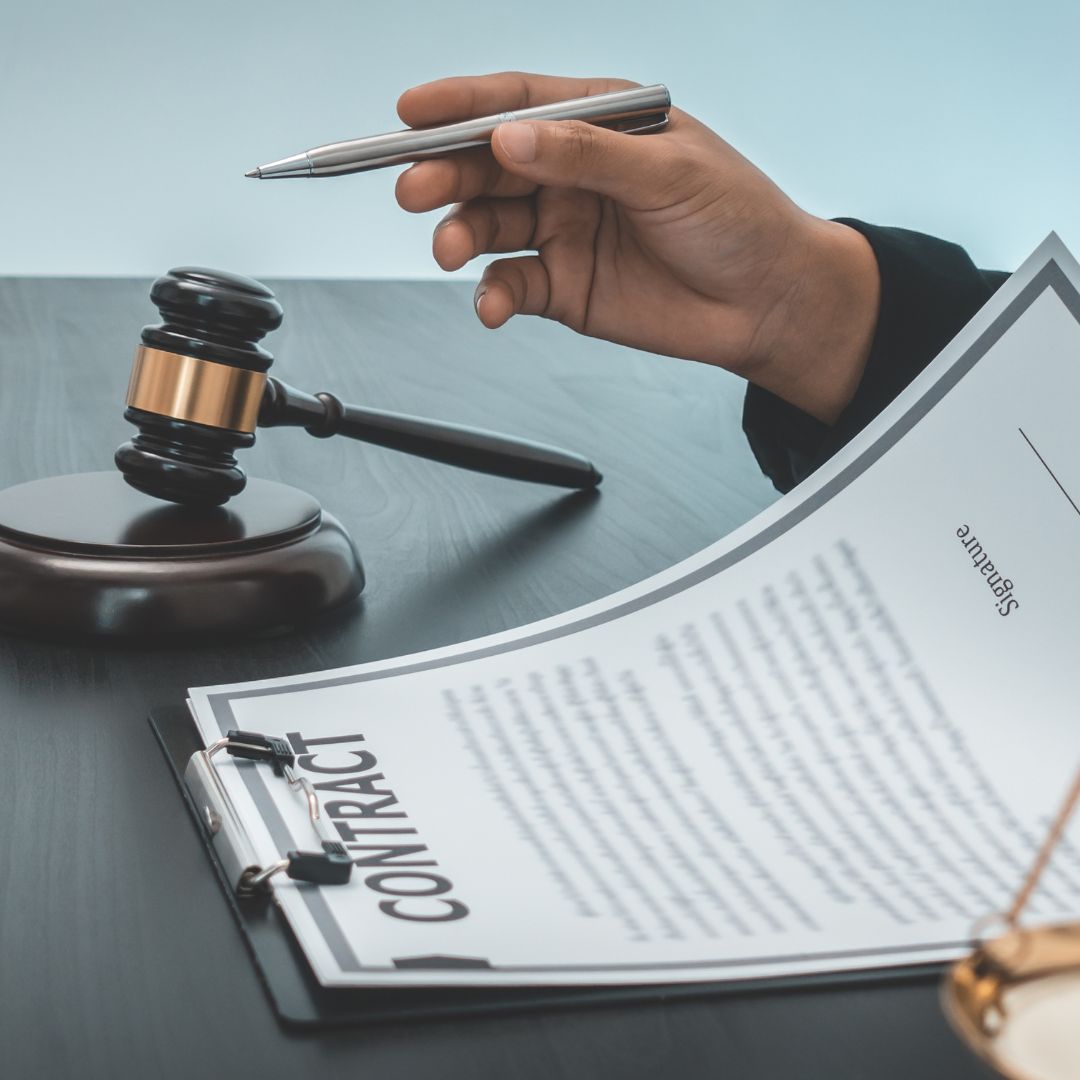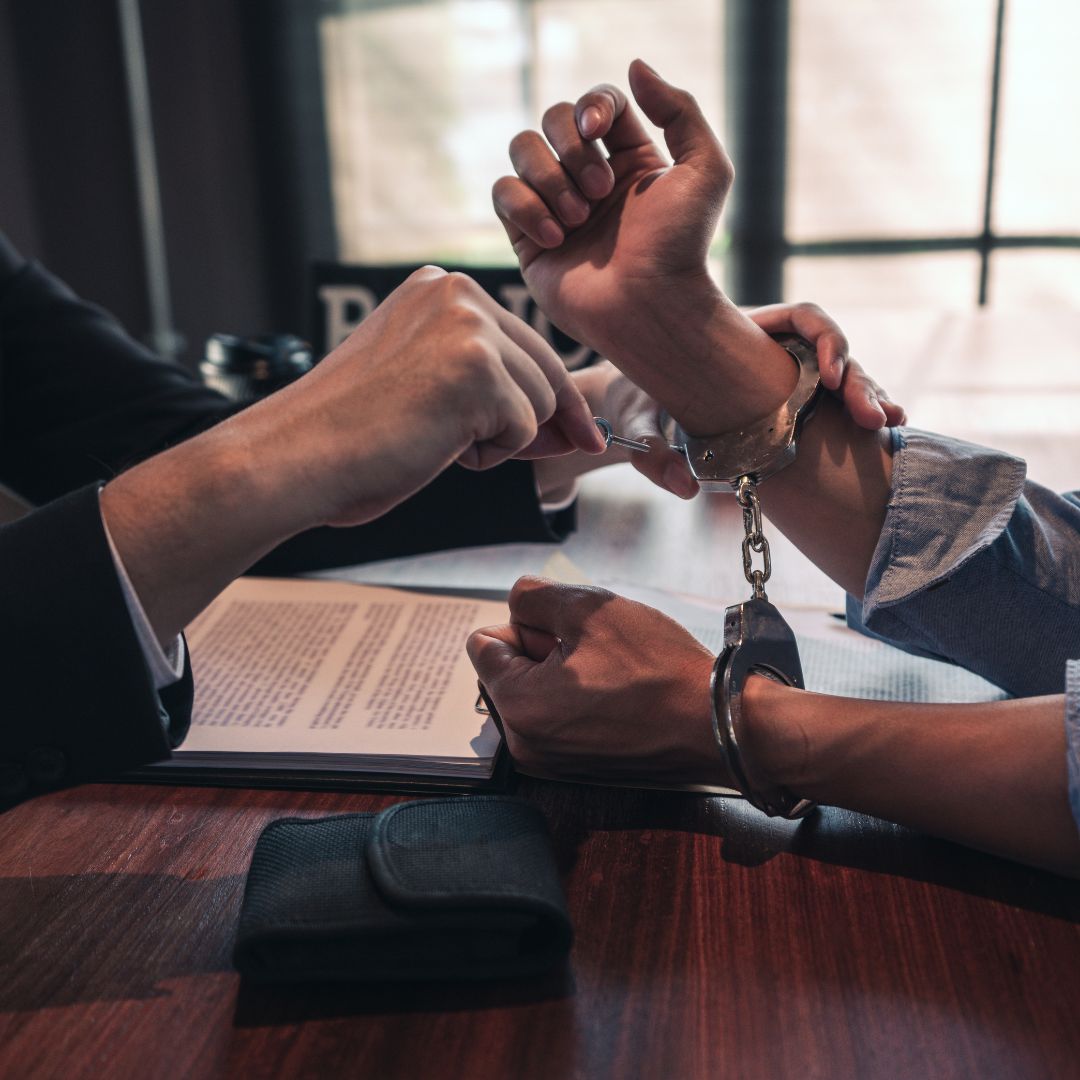In Thailand, defamation is a complex legal issue governed by both civil and criminal law. What sets Thailand apart from many countries is the fact that defamation can lead not only to financial penalties but also to criminal charges, including imprisonment. The nature of this dual system often surprises foreigners and residents unfamiliar with Thai law. For individuals and businesses alike, a clear understanding of how defamation is handled in Thailand is critical to avoid legal troubles and protect reputations.
Legal Foundations of Defamation in Thailand
Defamation under Thai law is primarily governed by Sections 326 to 333 of the Thai Criminal Code. These provisions define defamation as a false communication that damages the reputation of another person in the eyes of others. This includes both spoken and written statements, as well as those transmitted through digital means such as social media or websites. Additionally, Section 423 of the Thai Civil and Commercial Code covers defamation under civil law, allowing victims to claim compensation.

What Constitutes Criminal Defamation
Criminal defamation is considered more serious because it involves public harm and malicious intent. The law imposes penalties of up to one year in prison or a fine of up to 20,000 baht—or both. If the defamatory statement is made through advertising or mass media, including online platforms, the punishment can be increased to two years in prison and/or a fine of up to 200,000 baht. Importantly, criminal cases can be brought by individuals or initiated by public prosecutors in serious cases, especially if the defamatory content disrupts public order or affects national interests.
Understanding Civil Defamation
In civil defamation, the focus is on monetary compensation and damage recovery rather than punishment. Victims can sue the person responsible for defamation to seek financial redress for reputational damage, emotional distress, or loss of income. There is no jail time involved, but civil cases can still have a major impact on the defendant, especially if the compensation awarded is substantial. Civil cases may also require public corrections or apologies as part of the court’s ruling.
Key Differences Between Criminal and Civil Cases
Criminal defamation cases are prosecuted under the Thai Criminal Code and often involve a higher burden of proof—“beyond a reasonable doubt.” In contrast, civil defamation cases require only a “balance of probabilities,” making them somewhat easier to pursue. Criminal cases are usually more formal, time-consuming, and risky due to the potential of jail time. Civil cases are generally faster but can still be costly, especially if damages are awarded. A defendant may face both criminal and civil cases for the same defamatory act, compounding the legal consequences.

Considerations for Foreigners in Thailand
Foreigners living in or visiting Thailand must be extremely careful when making public statements or online posts that reference other individuals or companies. Even a negative review or social media comment could trigger defamation claims if the statements are seen as damaging and false. Thai courts apply the law equally to foreigners, and convictions can result in deportation, blacklisting, or visa cancellations. With emerging digital platforms and communication channels amplifying the reach and impact of such statements, it is advisable to consult a Thai legal expert before addressing sensitive topics in public, especially online.
Final Thoughts
Defamation in Thailand is not just a matter of freedom of expression—it is a legal concern with potentially serious consequences. Whether you’re a local or a foreigner, understanding the difference between criminal and civil defamation can help you navigate conversations, disputes, and public commentary more safely. At Pimlegal, we offer expert guidance on Thai defamation laws and provide strong legal defense or advice in cases involving libel, slander, and digital defamation. With the right legal support, you can protect both your voice and your reputation.
